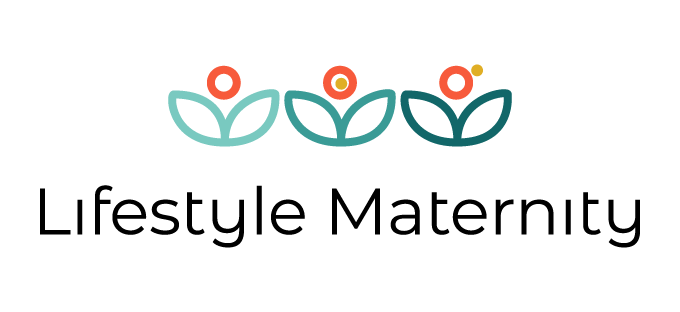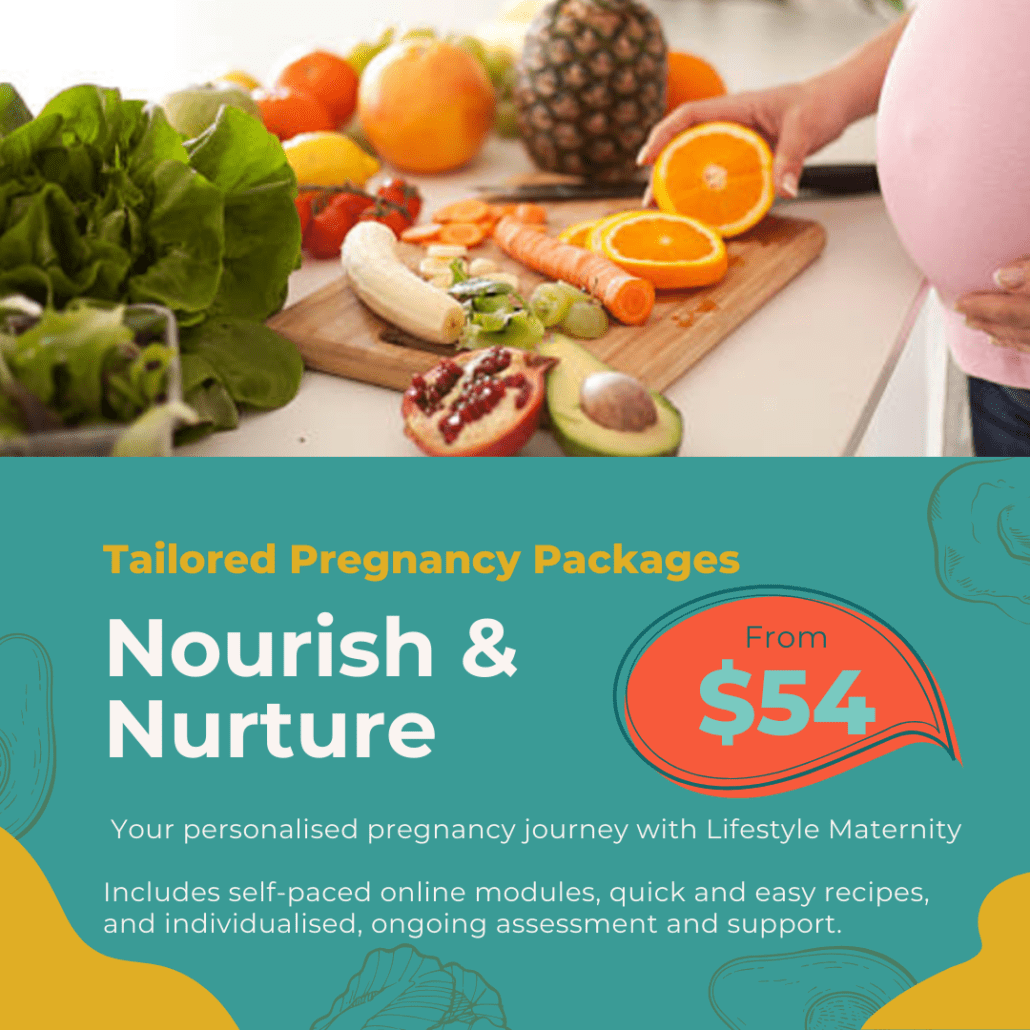Have you heard about ‘fetal programming’? No, this isn’t about how children are very good at using iPads! Fetal programming is also known as the ‘developmental origins of health and disease’. It explains how (very) early-life nutrition plays a role in the development of many adult chronic diseases. This means things like heart disease, type 2 diabetes, lung conditions, and even some forms of cancer.
The once popular idea of the ‘parasitising’ fetus – that is, that a growing baby does not miss out on nutrients – is now known NOT to be true. From history and times of famine we know that women are LESS affected than their infants and that conditions in the womb can influence bub’s health later in life.
We all know that smoking, alcohol and taking certain medications are not safe during pregnancy due to their effects on the developing fetus. We now know that variations in the quality or quantity of nutrients consumed by mothers during pregnancy can have permanent effects upon developing body parts.
Fetal programming – what are the basics?
- The environment in your womb can alter the development of your fetus, with a permanent effect on your child.
- Several subtle changes are known to alter fetal programming, such as altered nutrition/diet quality or quantity, or maternal stress (and outcomes can be positive or negative, depending on the changes made).
- The effects of these changes do not always become obvious at once, but sometimes only show up later on in a child’s life (sometimes their adult life, such as type 2 diabetes or obesity).
- In the first few weeks the physical structures of the baby in the womb are being formed. But the brain is being formed all through pregnancy and its development can be affected even at later stages of pregnancy.
- Growing more slowly doesn’t just affect early life. It can impact health throughout life, even in old age. This is because some of the organs such as the kidney and the pancreas which have also grown differently at the beginning are less able to function properly in old age.
I understand a little bit of science – how would you explain fetal programming in more technical terms to me?
The area of biological science that looks into fetal programming is “epigenetics”. “Epi” means “above”, so this is looking “above genetics”. Epigenetics is the study of how your behaviours (like what and how you eat, as well as exercise and move) and environment can cause changes that affect the way your genes work. Unlike genetic changes, epigenetic changes are reversible and do not change your DNA sequence, but they can change how your body reads a DNA sequence. Examples of mechanisms that produce such changes are DNA methylation and histone modification, each of which alters how genes are expressed without altering the underlying DNA sequence.
In simpler terms epigenetics is not saying that there are changes to the basic building blocks of life (DNA) – you might look at DNA like lego blocks that have to be put together in a certain way – like following the instructions completely. When we do not eat a good quality diet (following the pregnancy dietary guidelines) this can change the way our basic building blocks are put together (like when you do not follow the lego instructions and make it up as you go along – it might still look like a house, but not the one in the diagram!).
So, what should I be eating during pregnancy?
The Australia dietary guidelines are informed by scientific studies that tell us the best amounts and combinations of foods to eat for good health and limiting long term disease. They combine the best food and nutrition science into simple and easy to understand household measures and serves.
Check out the ‘Eat for health’ website for more information about how to personalise the guidelines to your pregnancy, plus for some shopping, budgeting and meal preparation tips.
We have free resources on our Lifestyle Maternity page as well as practical handouts, planning and tracking sheets in our Members’ Section.
Discover our new Fertility and Pregnancy Nourish & Nurture programs. They are designed to help you shift from WANTING to change to making it HAPPEN. They deliver fertility and pregnancy supporting habits that STICK well into when you become a new mum.
Further reading:
World War II/The Dutch Famine and DOHaD/Fetal programming
Image credit:
Photo by Jelleke Vanooteghem on Unsplash




 Find us on
Find us on